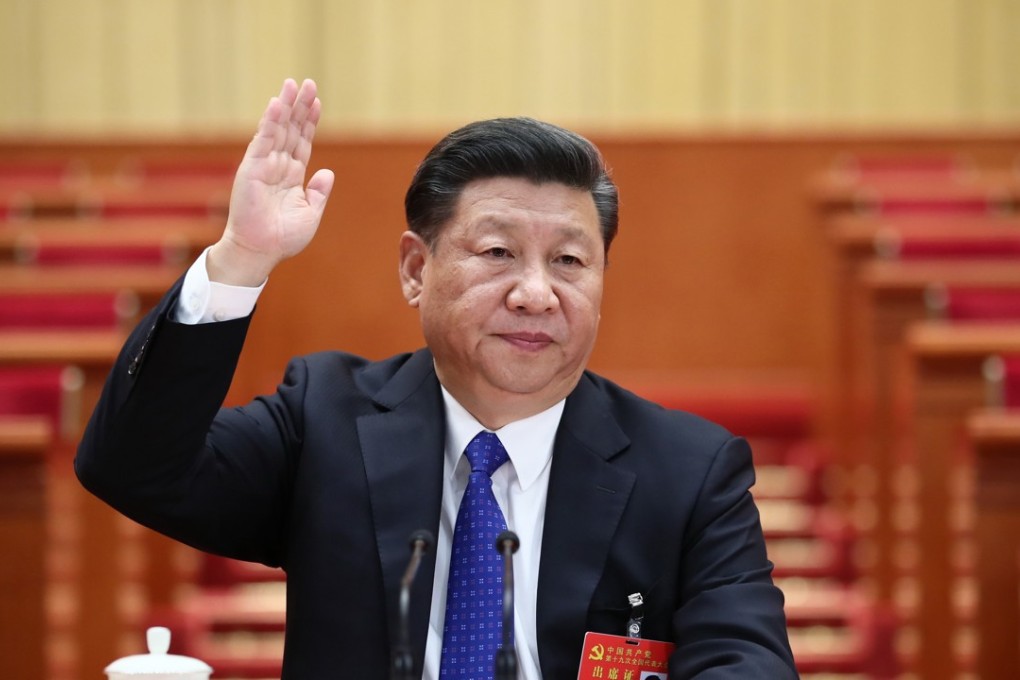Assertive Xi Jinping shows way for Hong Kong
Given the way “one country, two systems” is implemented will have wider implications in the context of national development and unity

The unprecedented prominence attached to Hong Kong at the Communist Party congress has, unsurprisingly, been met with intense scrutiny by the media and political observers. It is good to hear that commitment to the policy of “one country, two systems” remains as firm as ever. However, the central authorities also appear to be more assertive over their authority at the same time. To what extent it will shape the city’s high degree of autonomy and development will become an issue of concern at home and abroad.
Along with the special administrative region of Macau, the city was mentioned no fewer than three times in President Xi Jinping’s speech. Wording was also more substantial compared to that in the past. In the Chinese version, the party chief said it was imperative to “organically integrate” the “overall jurisdiction” of the central government over the two cities with their high degree of autonomy; and to ensure that the policy of “one country, two systems” would remain unchanged, and in practice not “bent or distorted”.
The references should not come as a surprise in the wake of Beijing’s growing concern over the development of Hong Kong in recent years. The emphasis on “overall jurisdiction” came as early as 2014 when the State Council issued a white paper to correct what it saw as a misunderstanding of one country, two systems. In other words, the city’s autonomy is only limited to what Beijing allows.
Xi’s speech has understandably aroused concerns as to whether the grip is to be tightened even more. Zhang Xiaoming, director of the State Council’s Hong Kong and Macau Affairs Office, has dismissed claims that respecting a high degree of autonomy and exercising overall jurisdiction is contradictory. The high degree of autonomy, he said, came from the central government. The key was to adhere to the constitution and the Basic Law; and integrate the overall jurisdiction with a high degree of autonomy.
How this will be received by the people of Hong Kong remains to be seen. What is certain, though, is that Beijing’s increasing assertiveness in recent years has already caused unease in some quarters. While the city will continue to enjoy a high degree of autonomy, Beijing is expected to be more assertive in demonstrating its authority over issues concerning “one country”.
